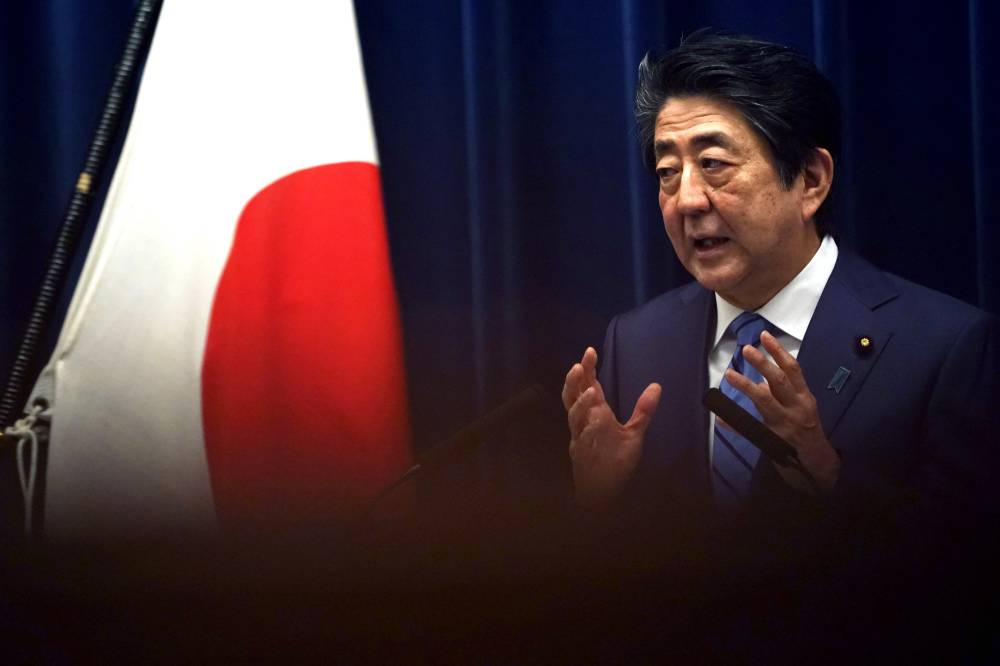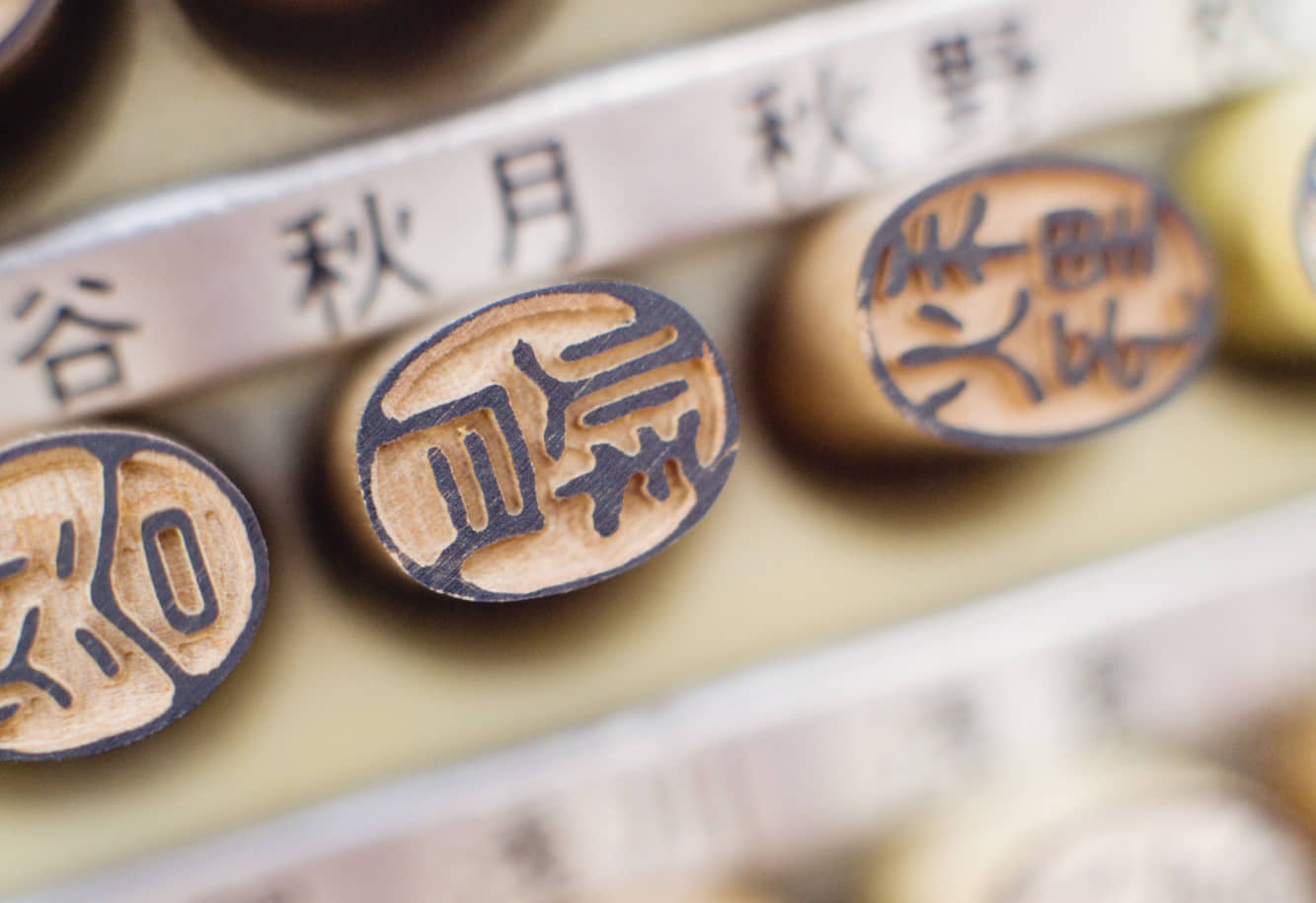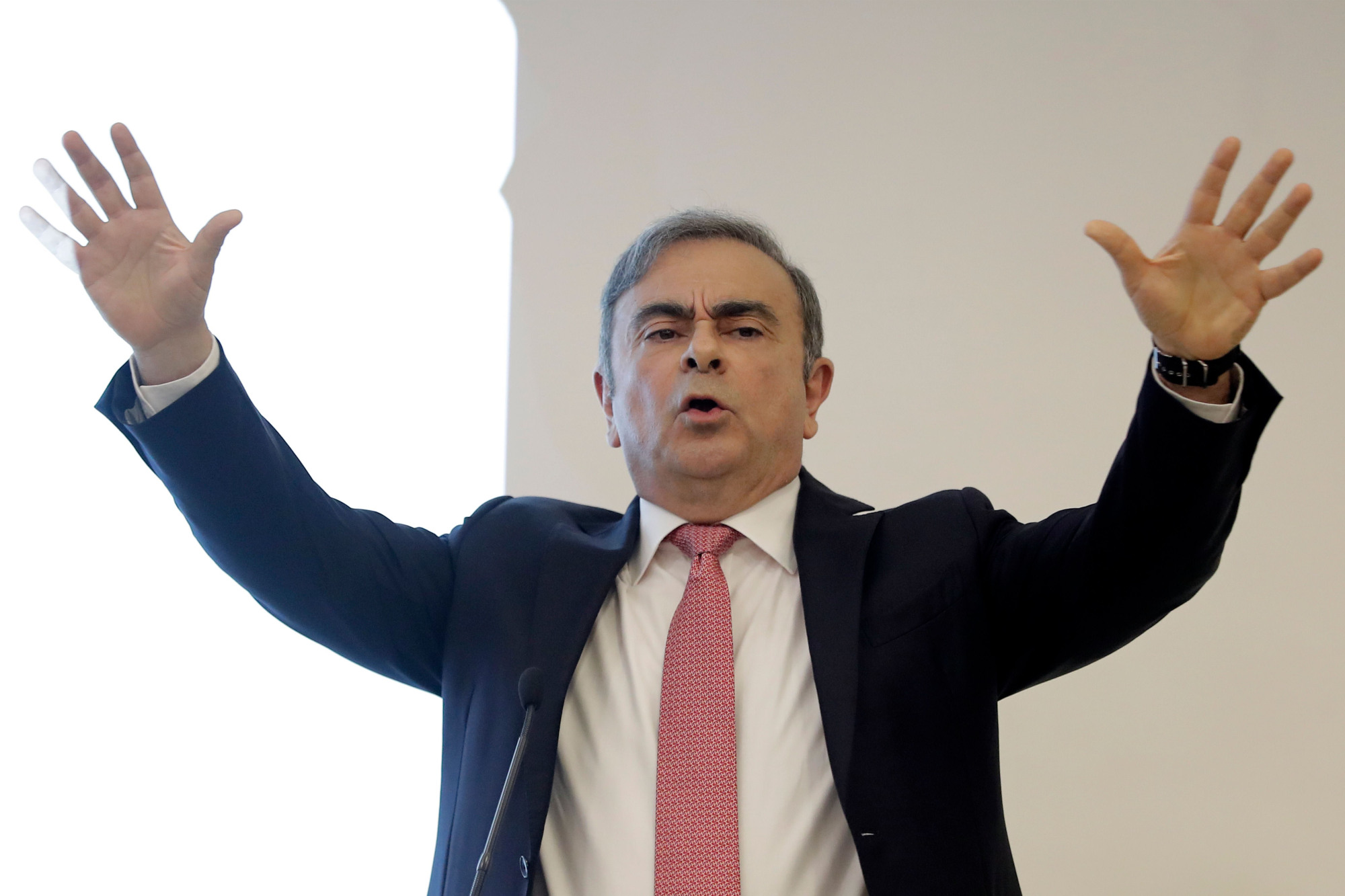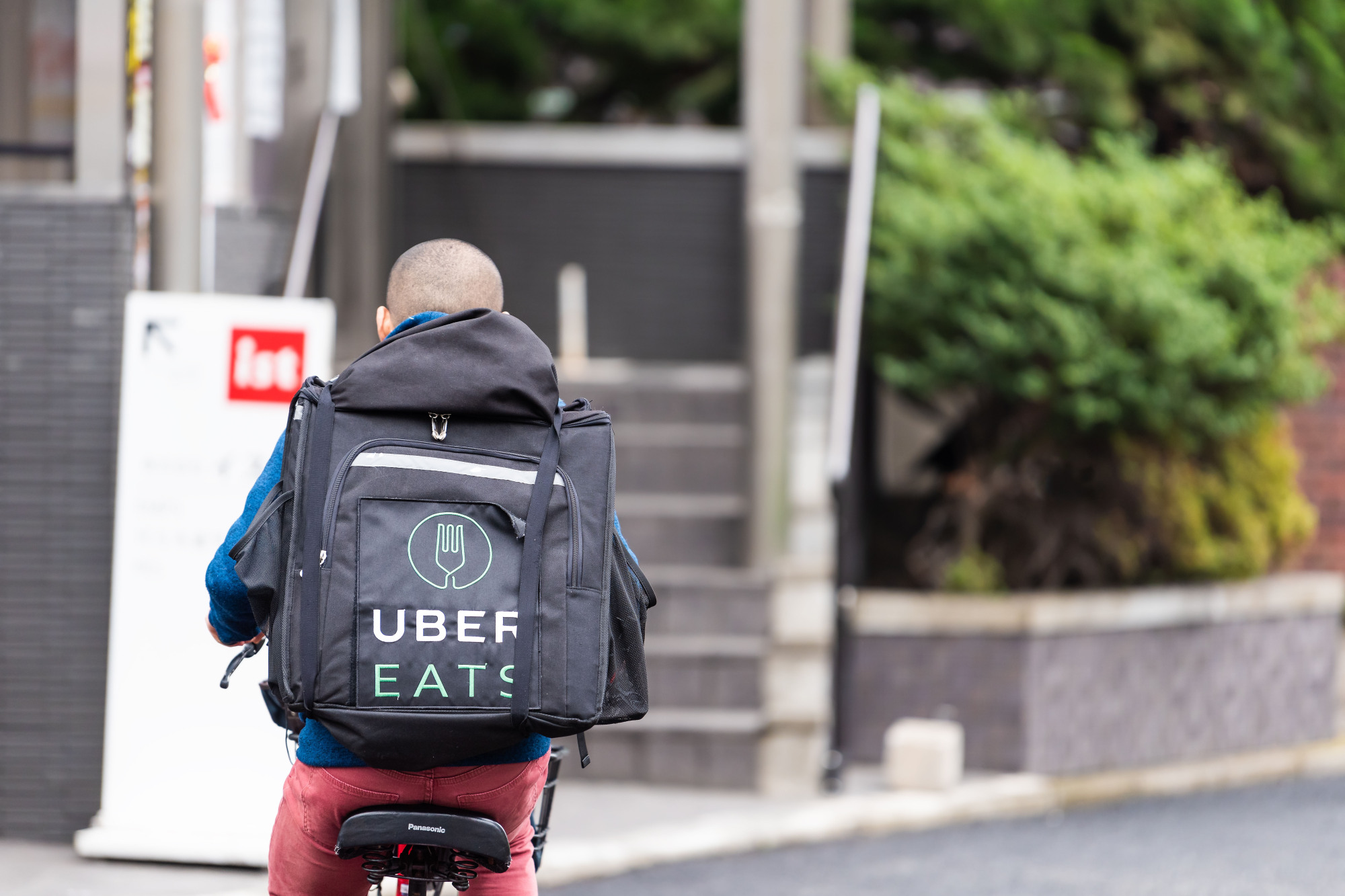Philip Brasor
Apr 18, 2020
Apr 11, 2020
Mar 28, 2020
Mar 21, 2020
Mar 14, 2020
Mar 7, 2020
Feb 29, 2020
Feb 22, 2020
Feb 15, 2020
Feb 8, 2020
Feb 1, 2020
Jan 25, 2020
Jan 18, 2020
Jan 11, 2020
Jan 4, 2020
Dec 28, 2019
Dec 21, 2019




















